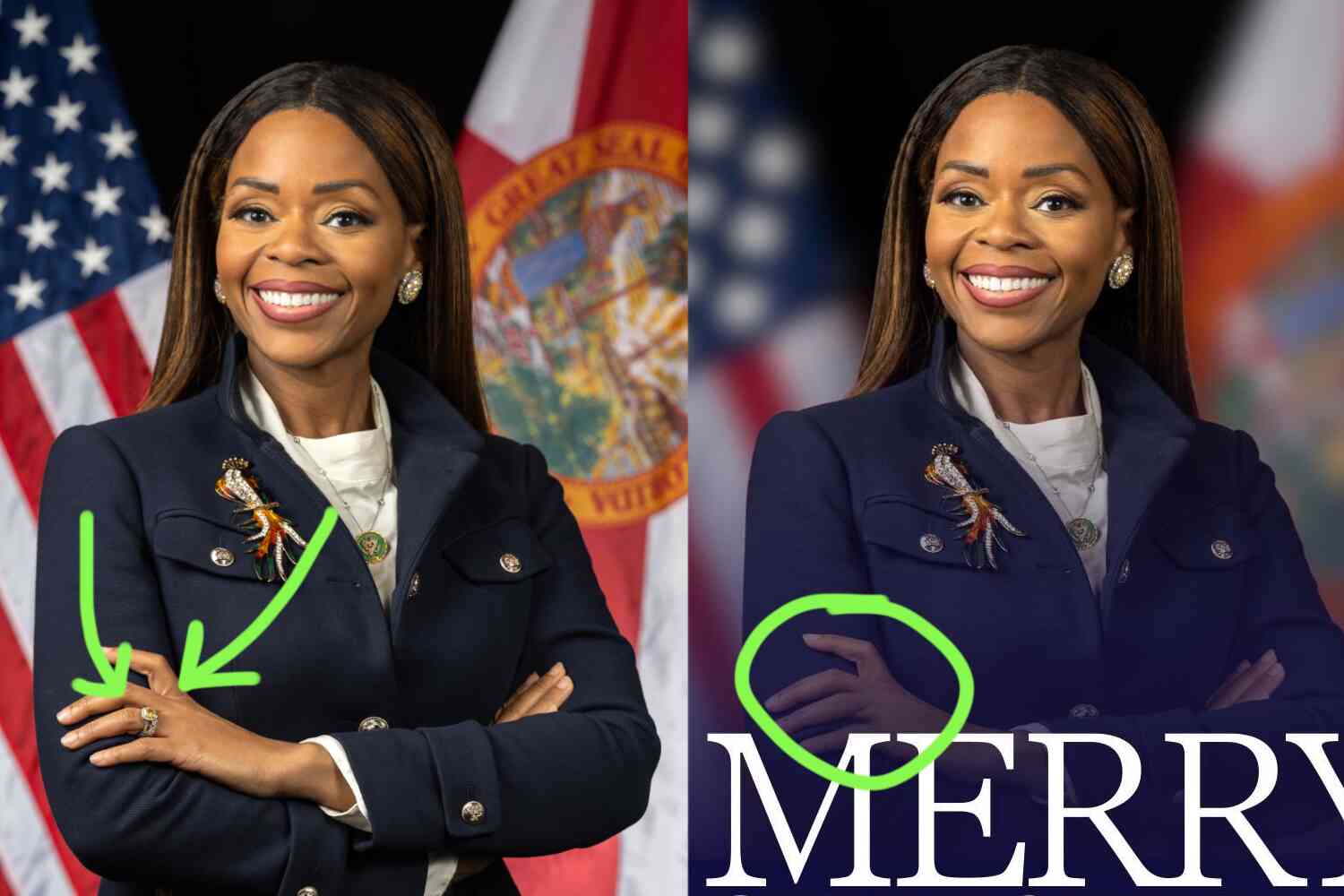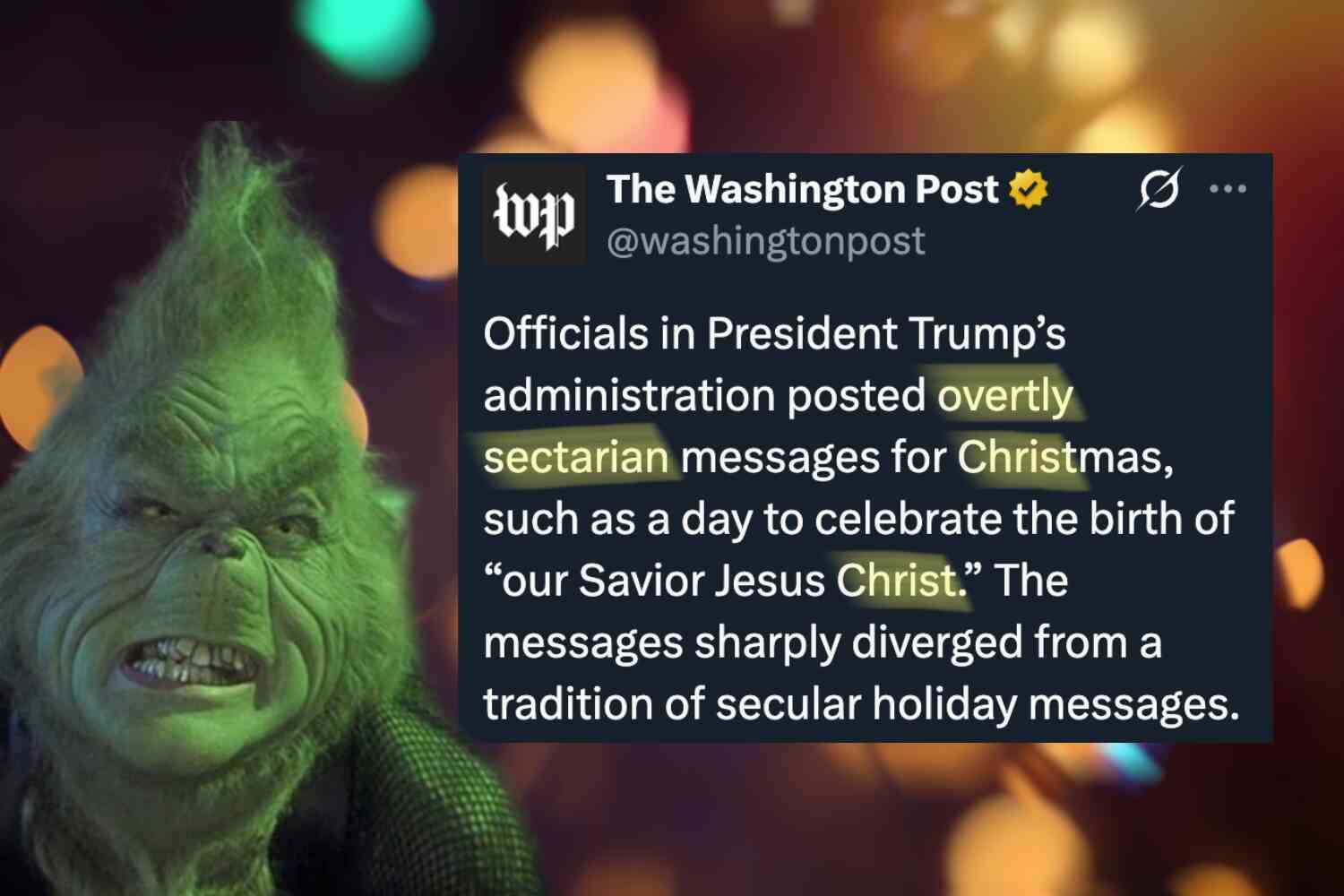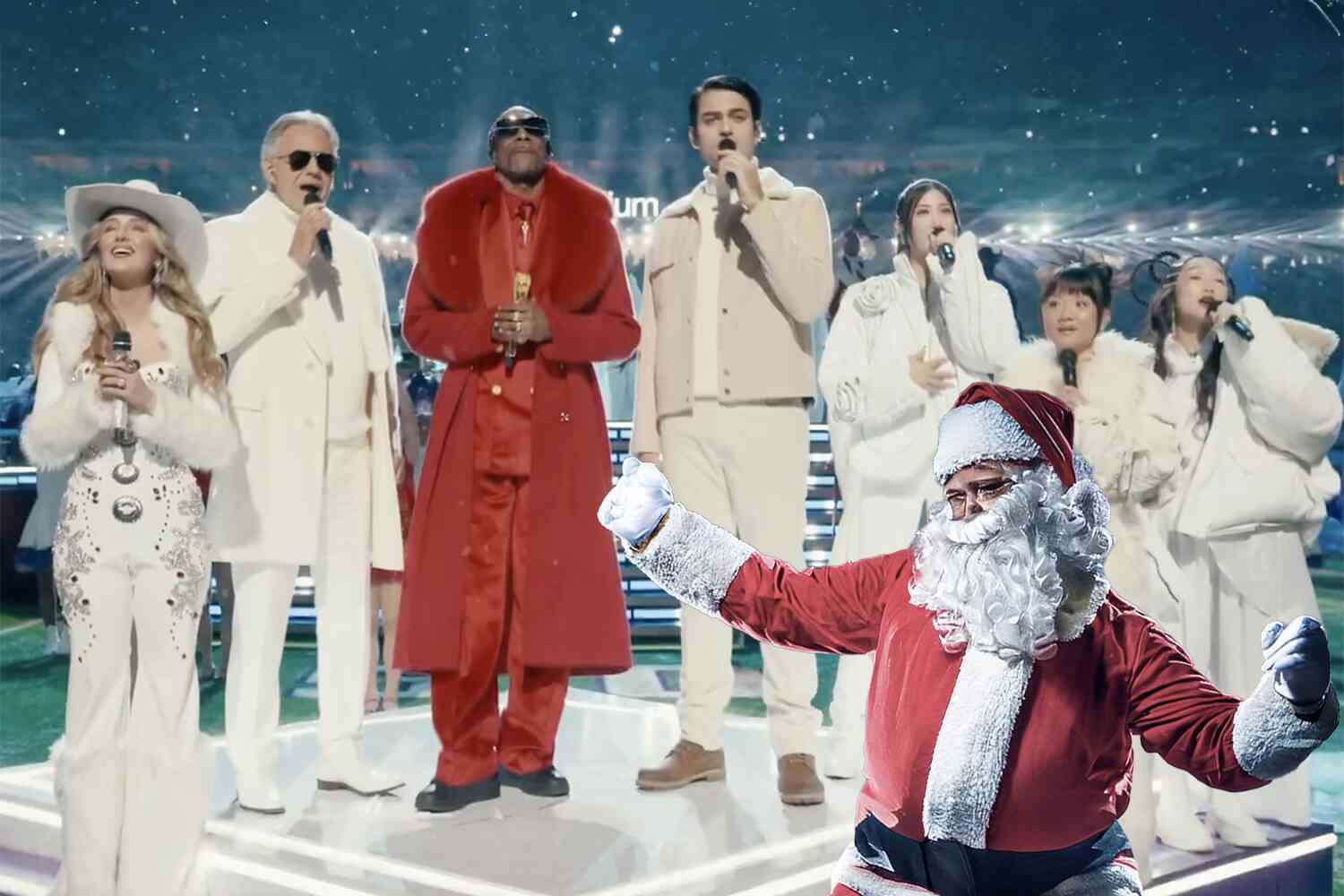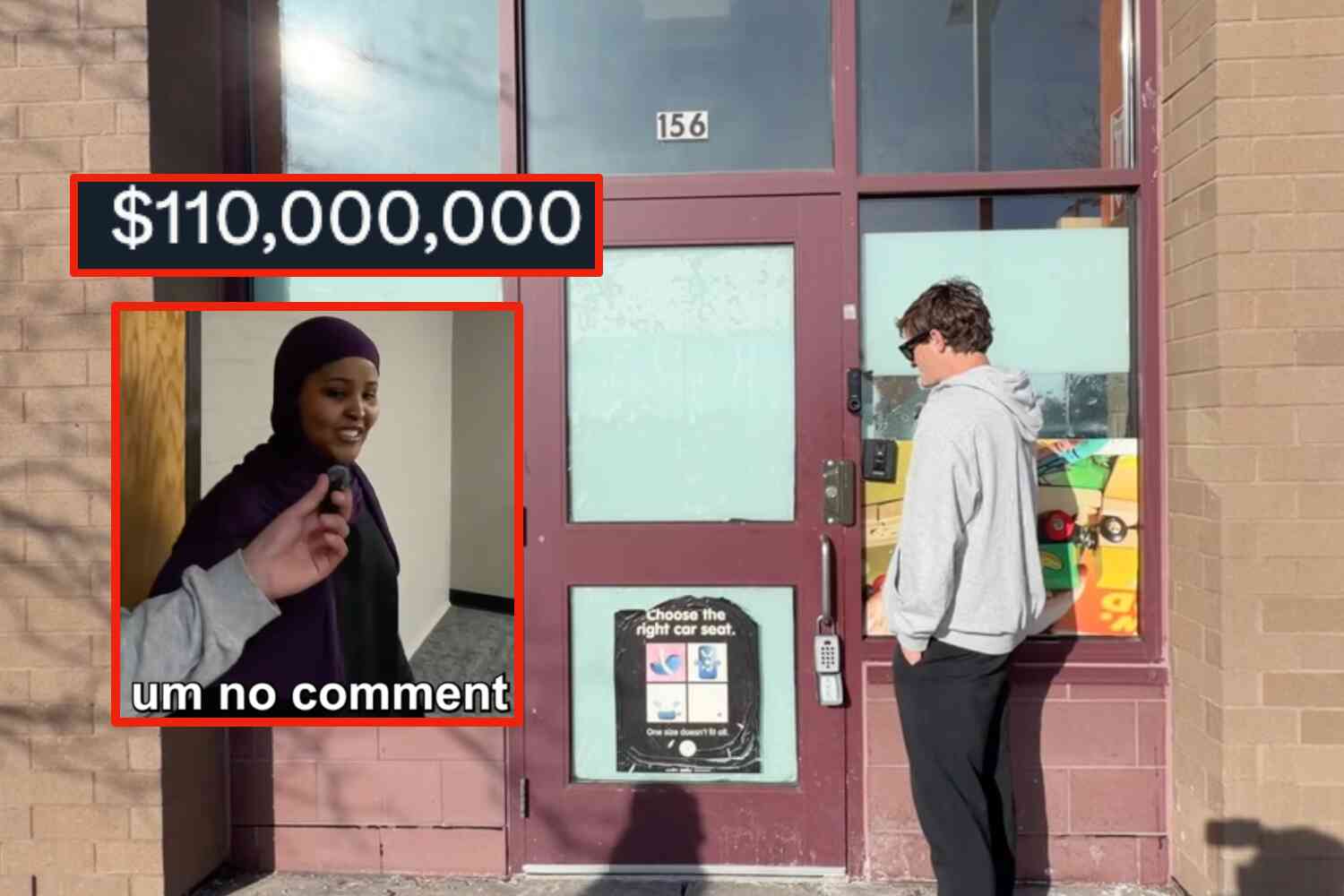Imagine the visceral horror that the self-appointed members of the credentialocracy must experience at the mere thought that the rest of us mouth breathers are being permitted to run about making decisions without their input and patient guidance?
Fortunately, we have Tressie McMillan Cottom to inform us as to the error of our ways, in a piece titled, We're All ‘Experts' Now. That's Not a Good Thing.
I'm sorry, did I say she was informing us as to the error of our ways?
No, this is not a piece directed at those of us who don't genuflect at every appearance of a university degree or sit in obedient silence just because someone was given one of the many prestigious-sounding awards that the elites swap among each other to better to stroke their fragile egos and affirm their status.
No, this was a piece directed at the readership of The New York Times, most of the members of which fancy themselves to be among the people who should be permitted to make decisions, even if the only credentials they possess consist of little more than a New York Times subscription and an obsequious devotion to its every pronouncement.
Cottom clearly fancies herself one of them, even if she denies it (I'll get to that later). She is an associate professor at the University of North Carolina at Chapel Hill and an affiliate of the Center for Information, Technology, and Public Life (CITAP) at UNC-Chapel Hill. She is a published author, an essayist in all the right publications, including not just the Times, but The Atlantic, Slate, and The Washington Post – not to mention the recipient of a MacArthur Fellowship – so sit down, shut up, and pay attention, prole.
The Twitter blue checks and blue-check wannabees couldn't fall over each other fast enough praising her.
Holy smokes is @tressiemcphd good. The way this weaves together multiple strands of culture to illuminate the world we're living in is just a master class of writing as thinking.
Looks like she owes him one!
Oh, wait, Warner has been on the Cottom train for a while now.
JW: Let me give a hypothetical. Let's say the New York Times calls and says, "Tressie, we want you to write twice a week, between 800 and 1,100 words on whatever you want. But we can't have you full time professoring while you're doing that." Is that something that's of interest to you, or is professoring central to your identity?
TMC: What I have worked out so far is this. Professoring to me is a type of legitimacy that so few people who look like me, or come from where I've come from, ever even have a shot in hell at getting. For all of its problems—and there are many—for all of the challenges, the reason why publics have to at least nominally engage me is because I'm a professor.
This is what's wrong with credentialism. She is leaning on her professorship because she knows she can, but if you lean on a job title, as opposed to your intellectual acumen, or talent, or pure ambition, it becomes a crutch – it itself becomes a path to the mediocrity she claims to want to avoid.
Candace Owens is not a professor.
Melissa Tate is not a professor.
Winsome Sears, the incoming Lieutenant Governor of the commonwealth of Virginia, was an electrician in the United States Marine Corps and a successful small business owner. For her efforts, she had at least one member of the credentialocracy, Georgetown University sociology professor Michael Eric Dyson, call her "a black face speaking in behalf of a white supremacist legacy."
Nice.
TMC: ...I am smarter and better at being smart because I am a professor. Having to switch back and forth between teaching and scholarship, that dance, it just keeps things firing for me. That would be so hard for me to imagine giving up.
...I don't know that a place like the New York Times is used to hearing this from someone like me. And, as you know, I received a nomination for a National Book Award just the other day. Admittedly I'm feeling myself this week. But here's what I'm going to say: really, I just don't know if the New York Times is good enough for me.
It's nice to see she's overcome any self-esteem issues she might have once harbored.
As for the actual piece that accompanied the headline I led off with, "We're All ‘Experts' Now. That's Not a Good Thing," she leans hard on a favorite topic of hers: the manner in which "scam culture" has contributed to this rise in people believing they can think for themselves.
Before we get to that, she leads off the piece with this, kind of setting the tone for her mindset.
My family's holiday season was far more muted than planned. Giddy from vaccines,...
Imagine being "giddy" over a vaccine.
...we planned to gather in the Blue Ridge Mountains and then head to a celebration in a venue overlooking the Chesapeake Bay. Alas, the Omicron variant made both trips too risky. After I initiated "The Talk" about risk factors, we ended up canceling all of our holiday plans.
"The Talk." Interesting way to put it. Like she had to patiently explain to the knuckle draggers in her own family that Omicron was very, very scary and everyone should be terrified. I can see her now on the family Zoom call (where everyone was presumably masked), insisting she be referred to as "professor" to better establish her credibility, all the while trying not to draw too much attention to the fact that she's a professor of "Information and Library Sciences" and not epidemiology.
Another window into her mind:
But the endemic future is not yet here, and our best bet for minimizing harm until we get there is producing high-quality information; spreading that information through public messaging aimed at how people actually behave; and mandates, mandates, mandates.
Someone needs to set that to music.
She then spends most of the piece discussing how scam culture works, how it plays on people's overconfidence, and how we were primed for this just prior to Covid, having already weathered years of warranty scams and attempts at identity theft and the like.
And when we complained — to a manager, to a clerk, to our spouses, to the internet — someone was all too glad to tell us how we could have prevented all of this if we had just become an expert in everything.
Oh no! People were suggesting we take responsibility for our own lives!!
Can't have that. Who knows where that might lead?
It is no wonder that so many of us think that we can parse vaccine trial data, compare personal protective equipment, write school policy and call career scientists idiots on Facebook. We are know-it-alls because we are responsible for knowing everything. And God forbid we should not know something and get scammed. If that happens, it is definitely our fault.
Oh, that's right, it can lead to thinking independently of the ruling class.
And then she finally gets to her point:
The first is the "citizen consumer." Cohen says the modern citizen consumer is a "self-interested citizen that increasingly view[s] government policies like other market transactions," and we judge the institution not by how well it serves those it governs, but how well it serves us personally.
The notion of acting in your own self-interest being the best vehicle for the betterment of all is a core value of liberty, of America, and of our capitalist system.
Oh, right. Earlier in the piece she made clear where she stood on that last bit.
My friends and colleagues respond to my mild obsession with scams in two ways. The most common response is that scams are just part of human nature: We fall for scams because human beings are greedy or stupid. Because my friends trend heavily left, I also get some version of, "They're all scams because capitalism is a scam, Tressie!" I don't disagree with either of these diagnoses...
"I don't disagree with either of these diagnoses..."
Cottom believes capitalism, the economic system that has pulled more people out of poverty than any other and of which she is a direct beneficiary, is a scam.
Of course. Of course.
We are all, at this moment, citizen consumers. You can see this right now in debates over pandemic school closures. There are a lot of tensions at play in public education. Public schools are actually defined by those tensions, particularly the tension between schools' need to serve the market and their need to serve the democratic good. But the pandemic has heightened these tensions. More people than I could have imagined want public schools to work like personal convenience stores that serve their needs at the expense of someone else's.
The classic zero-sum game of the socialist mindset. If someone is getting something, if someone is doing well, someone else must be losing something or doing less well. There is no growing pie, just a pie that must be divvied up, and that divvying is to be done by "experts."
Experts like Cottom, an expert in information and library sciences (plus pandemics, public education, and economics.)
And that's one of the two things she misses.
The first is that in accepting what the likes of Anthony Fauci and the National School Board Association and the rest are saying is in and of itself an exercise in judgment – a process by which you decide, using your own knowledge and experience, to trust what those "experts" are saying. In making offhanded comments about capitalism and schools and Covid, she is being the "expert," the final word in her own life on these topics, that she belittles in others.
And yes, as sovereign citizens, we get to look at the source material as well. The books our kids are assigned at school are not sacred texts reserved for interpretation by church elders.
We can all read. We can all make these judgments. That right is not reserved only for associate professors.
The second thing she misses, and perhaps more comically, is that all you need to do is change a few words in this entire piece and it becomes an indictment on the scams that have been perpetrated on the American people by the very experts she worships.
- The experts who said not to wear masks. Then they said we had to. And are now saying the masks they told us to wear are every bit as useless as we all thought they were and we have to switch to other masks.
- The experts who said that even suggesting that the virus might have leaked from a Chinese bioweapons lab – that happened to be located in the same city as where it first emerged – was misinformation, but now magnanimously permit it to be uttered in polite company.
- The experts, including the chairman of The Federal Reserve, the uber expert on all things monetary policy, who assured us that inflation was transitory while many of us here had already started sounding the alarm last year.
This does not mean that credentialed experts are always wrong, and the rest of us are always right. It means we are all human beings and so inherently flawed and prone to errors, not to mention prone to our darker impulses to use crises for nefarious purposes (such concerns being unironically dismissed as "conspiracy theories" by those very same experts).
And that is exactly why we don't slavishly bow before the alters of academia, science, media, or any of their self-proclaimed royalty.
That's what subjects do, and we're not subjects.
We're citizens.
P.S. Now check out our latest video 👇









